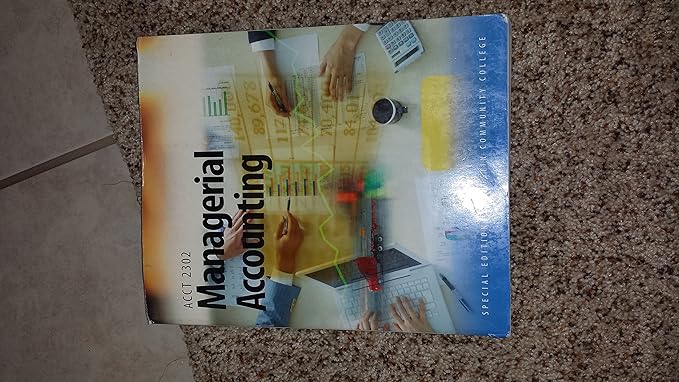Question
On February 1, 2017, Aubrey Company sold its 5-year, $1,000 par value, 9% bonds, which were convertible at the option of the investor into Aubrey
On February 1, 2017, Aubrey Company sold its 5-year, $1,000 par value, 9% bonds, which were convertible at the option of the investor into Aubrey Company common stock at a ratio of 10 shares of common stock for each bond. Aubrey sold the convertible bonds at a discount. Interest is payable annually each February 1. On February 1, 2019, Mel Company, an investor in the Aubrey Company convertible bonds, tendered 1,000 bonds for conversion into 10,000 shares of Aubrey Company common stock, which had a market value of $110 per share at the date of the conversion.
On May 1, 2019, Aubrey sold its 10-year, $1,000 par value, 10% nonconvertible term bonds dated April 1, 2019. Interest is payable semiannually, and the first interest payment date is October 1, 2019. Due to market conditions, the company sold the bonds at an effective interest rate (yield) of 12%.
Required:
-
Explain how Aubrey accounts for the conversion of the convertible bonds into common stock under both the book value and market value methods. Discuss the rationale for each method.
-
Were the nonconvertible term bonds sold at par, at a discount, or at a premium? Discuss the rationale for your answer.
-
Identify and discuss the effects on Aubreys 2019 income statement associated with the nonconvertible term bonds.
Step by Step Solution
There are 3 Steps involved in it
Step: 1

Get Instant Access to Expert-Tailored Solutions
See step-by-step solutions with expert insights and AI powered tools for academic success
Step: 2

Step: 3

Ace Your Homework with AI
Get the answers you need in no time with our AI-driven, step-by-step assistance
Get Started


